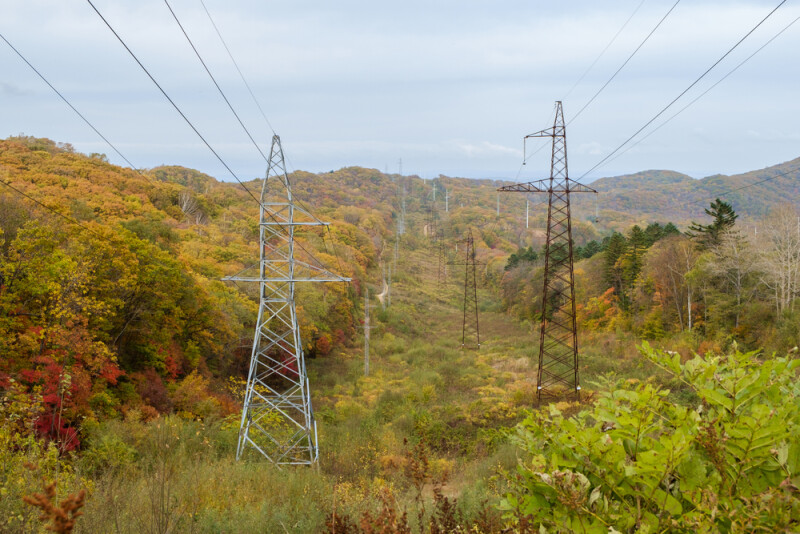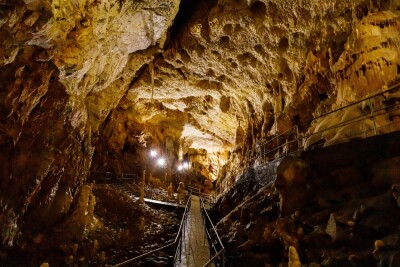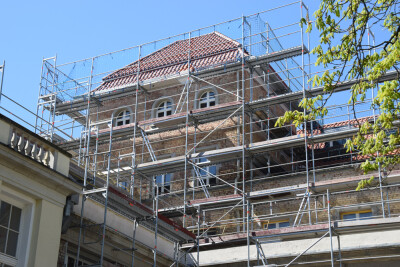Every week, we highlight stories from friends around the internet that put a spotlight on the latest in the 3D technology industry. These stories can take many different forms, whether they be about a new innovation or workflow, an interesting and/or unique use case for 3D technology, or a higher level look at the state of the sector. Today, we look at areality capture’s place in vegetation management for utilities, the confluence of digital twins and artificial intelligence, and lidar’s place in security workflows.
Find links to the full articles below.
Addressing the Complexity of Vegetation Management with Advanced Technology
Christine Byrne | Lidar News
One of the most important and challenging tasks for utility asset owners, particularly those who operate powerlines, is management tree and vegetation growth around said assets. The growth requires constant monitoring and can have real implications for the operations of the utility. Reality capture workflows have been adopted to help streamline these monitoring projects. This article looks at how exactly new technologies can help make this work both easier and more powerful.
Are AI digital twins a match made in heaven?
Fleur Doidge | ITPro
We’ve talked a lot at Geo Week News about the evolution of digital twins from a buzzword that elicited a lot of excitement but little tangible value to today, where the value is being realized more and more through multiple industries. One of the big reason we’ve seen this step forward with the technology is another buzzword: AI. This article looks at how the two technologies play off of each other, and how the latter has helped to unlock the former.
3D LiDAR Technology: The Coming Paradigm Shift in Perimeter Security
Andreas Conrad | Security Sales & Integration
One of the most interesting parts of covering the lidar industry is seeing in near real-time all of these different industries realizing the value of the technology. Its ability to create accurate 3D recreations of scenes is valuable in different ways to different sectors, but many can benefit in one way or another. This article focuses on the security industry, looking at how lidar is changing the landscape of physical security.







